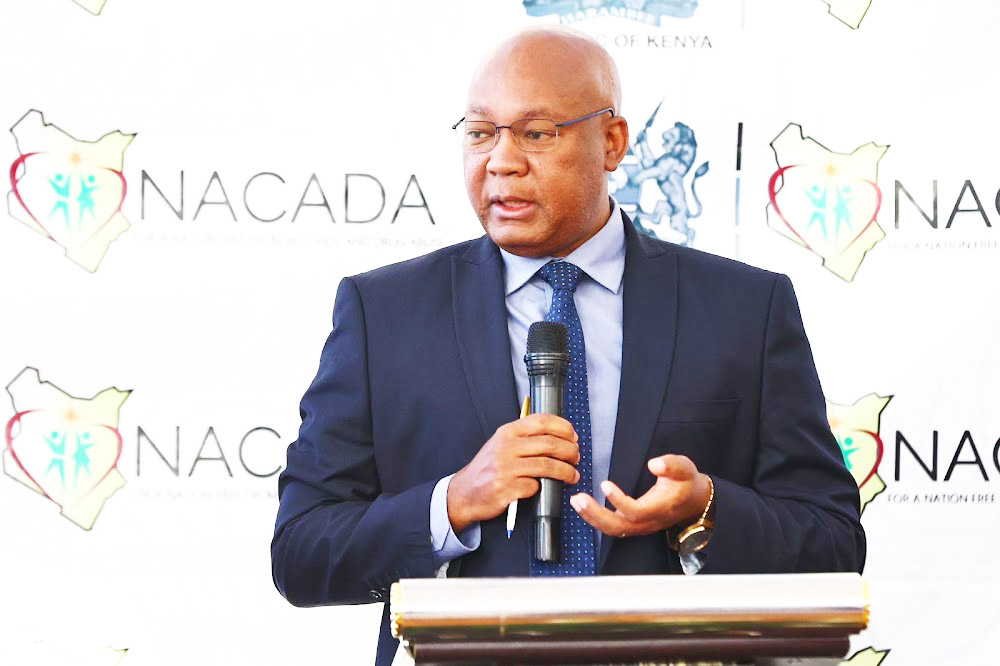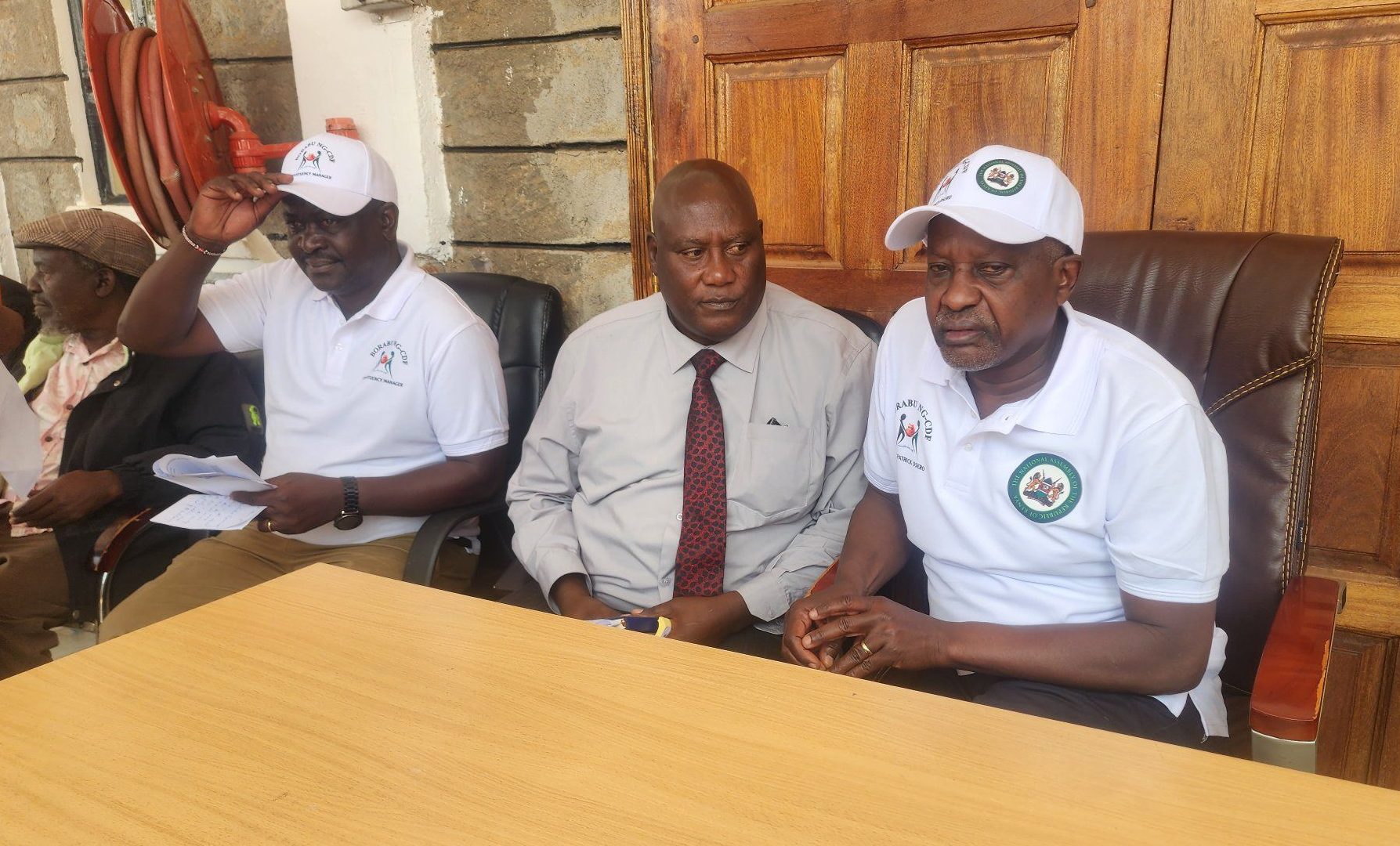NACADA (National Authority for the Campaign against Alcohol and Drug Abuse) has issued guidelines to parents and caregivers on handling children through the long December holidays with the aim of cutting down the chances of them getting into the trap of substance and drug abuse.
This is informed by the fact that despite our best efforts, adolescents may experiment with alcohol and drugs, and recognizing the signs of substance abuse is crucial in enabling adults to address the problem promptly.
As parents, fostering a strong connection with children is paramount in identifying potential issues early on.
By fostering open communication and a supportive environment, parents can play a vital role in steering their children away from the pitfalls of alcohol and drug abuse.
This guide from NACADA aims to provide valuable insights and strategies to prevent and address substance abuse concerns, beginning with the tell-tale signs.
Educational indicators
Look out for truancy, loss of interest in school, poor academic performance, complaints about conduct, and dropping out of organized activities.
Psychological signs
Watch for signs of depression or hyperactivity, talkativeness, appetite changes, mood swings, anxiety, hallucinations, unpredictable behaviour, and a lack of ambition.
Social clues
Changes in friendships, secretive phone conversations, noticeable hostility, constant lying, stealing, and manipulative behaviour with money are red flags.
Physical manifestations
Be aware of poor physical coordination, eye changes, slurred speech, alterations in physical appearance, a dreamy-blank expression, memory loss, trembling, needle marks, and the disappearance or appearance of specific items like drugs or drug paraphernalia.
Line of action
- Gather evidence to understand the specific substance,
- Choose an appropriate private time to talk,
- Express concern using specific examples and avoid being judgmental,
- Listen attentively, expecting anger and denial,
- Reassure your availability for future discussions,
- Offer empathy and communicate the availability of help, and
- Call the NACADA helpline (1192) to speak with a counsellor.
Stay calm
It is essential not to rush your child into treatment and rehabilitation, especially during the experimental stage.
Keep in mind that observed symptoms may also indicate mental illness or disorders.
Avoid assumptions and initiate a conversation to better understand your child’s challenges.
NACADA is a government agency established to coordinate the prevention, treatment and management of alcohol and drug abuse in Kenya. It works towards a Kenya free from alcohol and drug abuse by conducting research for formulating policies and laws, conducting public education, and facilitating development of rehabilitation facilities.
By Viola Chepkemoi
Get more stories from our website: Education News
To write to us or offer feedback, you can reach us at: editor@educationnews.co.ke
You can also follow our social media pages on Twitter: Education News KE and Facebook: Education News Newspaper for timely updates.
>>> Click here to stay up-to-date with trending regional stories






